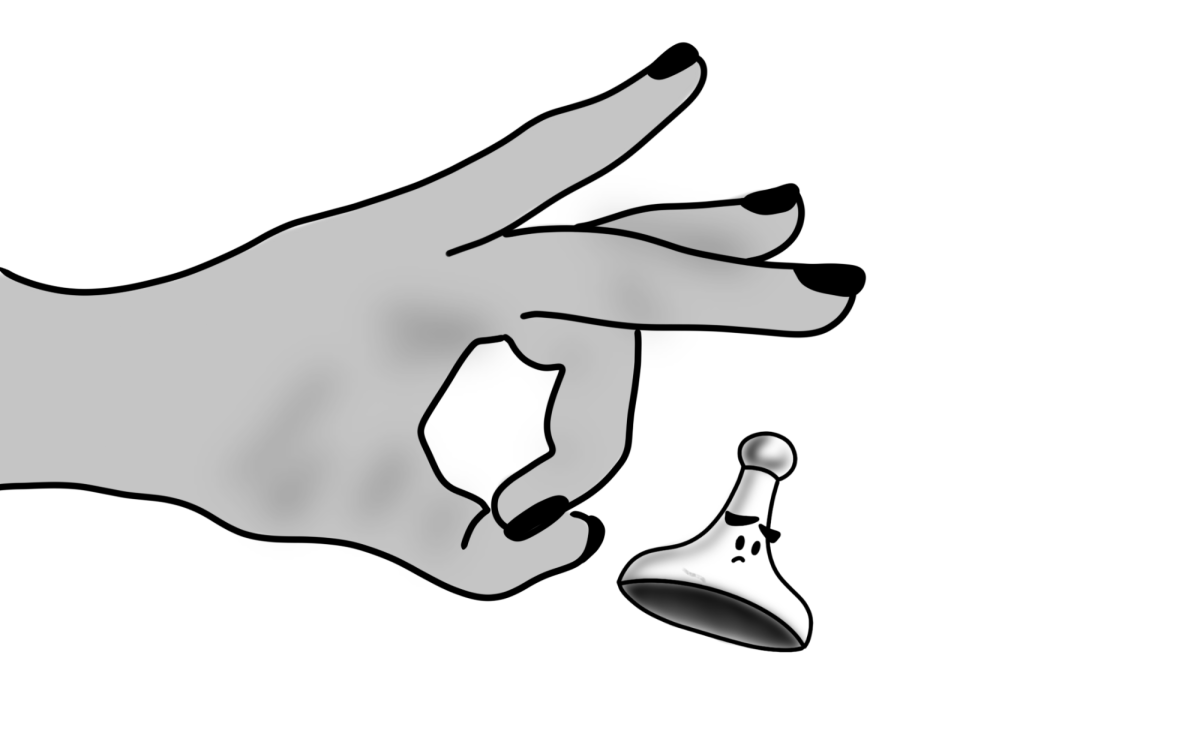
“UnPresidented” is a new column discussing the transition and first days of the Trump administration.
In a close second to “build the wall” sentiments in terms of sheer volume, Donald Trump’s claims of Chinese currency devaluation have appeared without repose in the president’s rhetoric. Since his speech announcing his presidential bid when Trump claimed China was “devaluing their currency to a level that you wouldn’t believe,” he has taken a hardline stance on this perceived transgression. And this position remained unwavering, with Trump calling the Chinese “world champions” of currency depreciation as recent as early April. Yet with what seemed like the flip of a switch, the administration has turned a near 180 on the topic.
On Friday, the Treasury Department released its semi-annual report on exchange rate policies of major trading partners, sans classification of the country as a “currency manipulator.” The report came only a few days after Trump said in a Wall Street Journal interview that “they’re not currency manipulators.” Though the designation would have been largely symbolic, the report showcases an abrupt shift in policy. Consider Trump’s “Contract with the American Voter,” which outlined his first 100 day plan and said that upon inauguration the president would “direct the Secretary of the Treasury to label China a currency manipulator.”
Instead, the department kept the country on the year-old “Monitoring List” it has continually resided on, alongside Japan, Korea, Taiwan, Germany and Switzerland. As per the specifications of a 2015 trade law, a country must meet three criteria to be labeled as a currency manipulator: a large bilateral trade surplus with the U.S., an account surplus above three percent of GDP and engagement in “persistent, one‐sided intervention in foreign exchange markets.” None of the countries on the Monitoring List met all three criteria, but the report noted that China met two of the three, with the current account surplus decreasing from 2.8 to 1.8 percent of GDP in 2016. The current account balance is essentially the discrepancy between a country’s savings and investment, and while the Chinese government has historically had a very large reserve, it has dropped dramatically from $4 to $3 trillion in only a few years.
This large drop in reserve comes as the Chinese government scrambles to appreciate the value of their currency, or yuan. Indeed the Treasury report stated that “China’s recent intervention in foreign exchange markets has sought to prevent a rapid RMB depreciation that would have negative consequences for the United States, China and the global economy.”
With the current state of things, it is hard to find an economist that would disagree with the statement that China is currently attempting to devalue their currency. Yet Trump, pandering to unwitting voters, has constantly espoused an incorrect account of the Chinese economy. Trump’s claims of devaluation may have been appropriate a decade or so ago, but now they only showcase a president unwilling to see the truth.
It is pretty well-established that the yuan was severely undervalued in the early 2000s. The exchange rate set in 1994 and maintained until 2005 began to be an undervalue as the country’s economy rapidly grew. For better or for worse, there was little response at the time from the U.S. federal government. Amid fears of strained relationships between the two countries the Bush administration didn’t label the country a currency manipulator.
Since 2005, however, China’s trade-weighted exchange rate has appreciated by close to 50 percent, rising more than any other major currency, according to a study by nonpartisan think tank the Brookings Institute. The International Monetary Fund declared the yuan to be “fairly valued” in early 2015.
That is not to say it has been a completely smooth road for the yuan since. In August of 2015, the Chinese government sought to make the currency more adaptable to the market, which in part meant a small devaluation of the currency. However the plan was poorly executed and came with little explanation directly after the release of some relatively disappointing economic figures. This set off a little bit of a panic that the country would devalue the yuan more, and may have stuck in Trump’s mind, but those fears have largely been abated.
No matter the situation in the past, it is clear that the Chinese government is currently trying to appreciate, not depreciate the value of the currency. This is evidenced by the rapid spending of the reserves to stabilize the yuan. Treasury Department data estimates that “from August 2015 through August 2016, China sold more than $570 billion in foreign currency assets to prevent more rapid RMB depreciation.”
There’s a certain irony to the idea that Trump has been threatening to label China a “currency manipulator” while the country desperately seeks to raise the value of the yuan. It’s also indicative of larger problems within the Trump administration for a couple of reasons.
One, the length of time Trump preached the devaluing currency myth is very concerning. Despite there being actual, non-politicized facts to prove him wrong, Trump continued to preach his message. The whole affair is reminiscent of Trump’s earlier dismissal of intelligence briefings on the grounds that he’s “a smart person” and that he’ll “get it when [he] need[s] it.” Time after time, Trump has displayed a willingness to avoid the truth and remain woefully ignorant of the issues around him. And with this attitude comes strained relationships abroad.
While some may celebrate Trump’s change on the position as a victory for the accurate, it also displays another weakness in Trump’s governance. His change on the matter came in a very short period of time. This may not in itself be concerning, except that Trump’s comments and the Treasury report come on the heels of a quick reversal on his views of the Export-Import bank, his sudden action in the Syrian war and abrupt changes in his view of Russia. The man turns on a dime, and it continues to raise concerns that Trump is easily influenced by those around him. After taking the helm of the country for a few months, Trump’s position on China changed, as he said in a recent interview “after listening [to Chinese President Xi Jinping] for 10 minutes.”
Trump’s earlier comments against China for their currency manipulation may not have an immense impact, foreign policy-wise, in the future. Yet they have brought to light, once again, some of the Trump administration’s biggest shortcomings.







